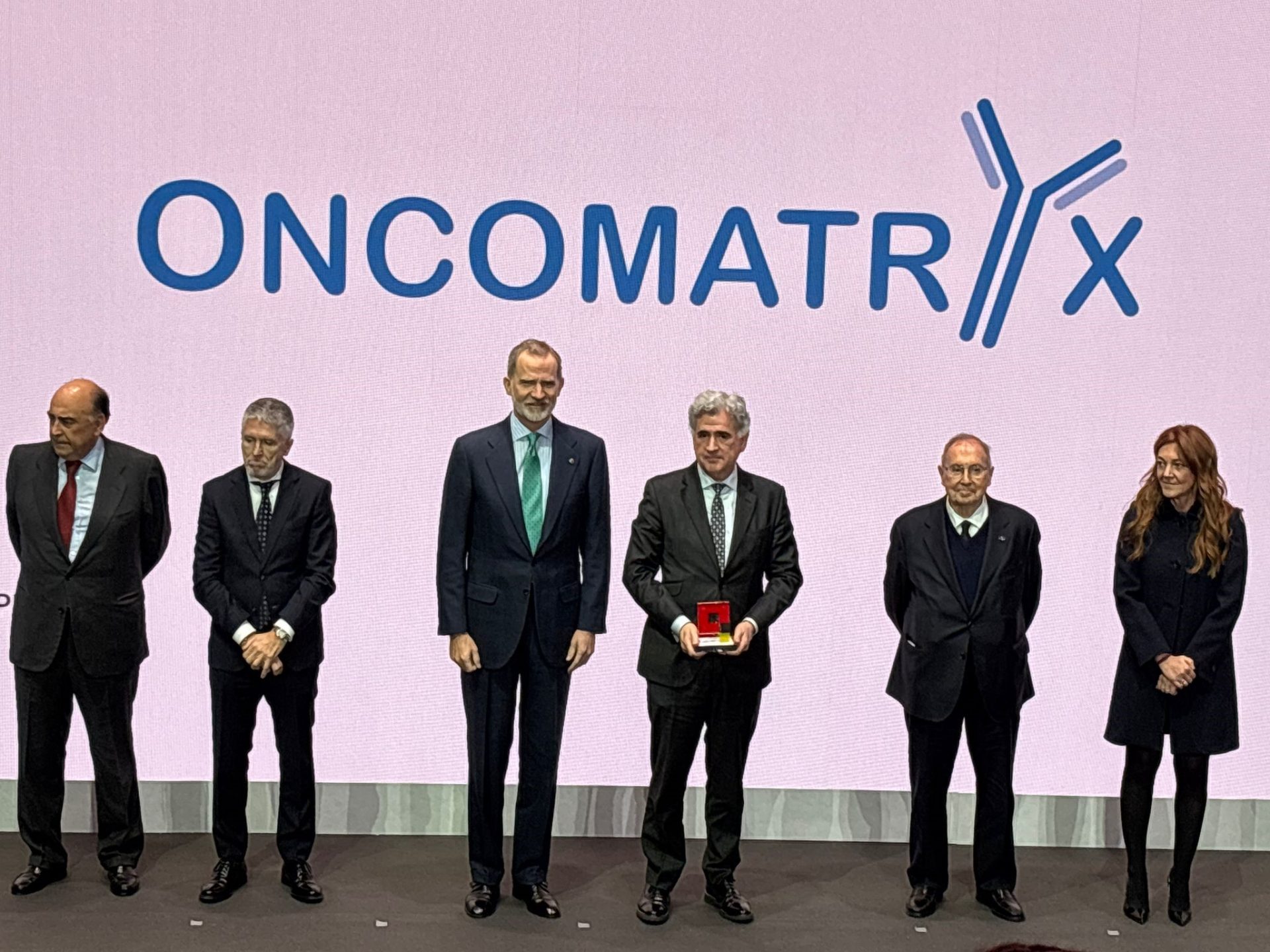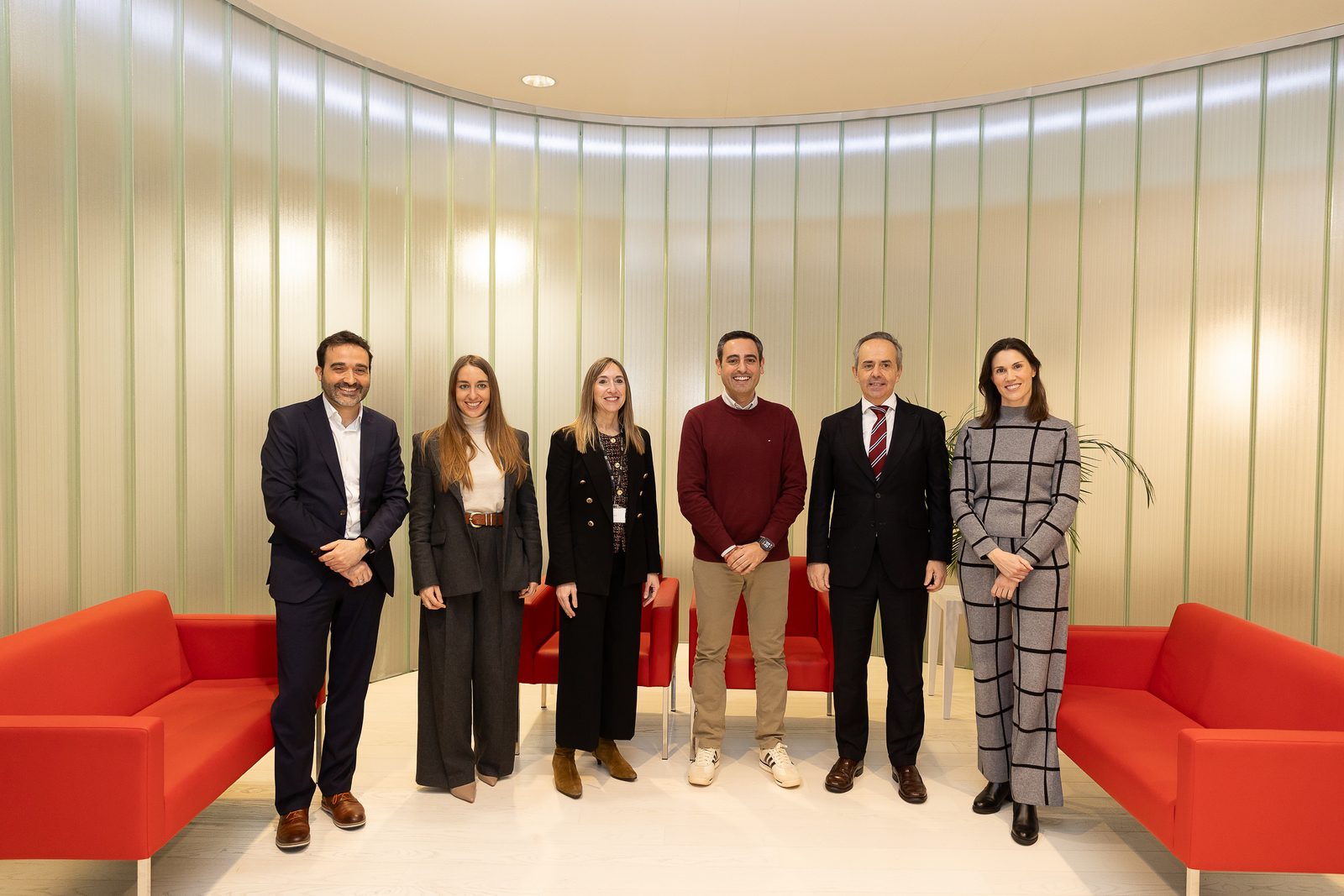CIC bioGUNE receives a FERO grant to promote breast cancer research

Dr. Ana Ruiz-Sáenz, group leader in the Cancer Therapy Resistance Laboratory at CIC bioGUNE, has been awarded the VI FERO-ghd Project in breast cancer.
This recognition will allow her to investigate how altered glycosylation in tumour cells can influence the efficacy of antibody-drug conjugates (ADCs) in the treatment of HER2-positive breast cancer.
The FERO Grant provides each researcher with 80,000 euros to carry out their translational research project over the course of two years.
The FERO Foundation held its annual gala at the Rosewood Villa Magna Hotel in Madrid, where €160,000 in grants were awarded to two leading researchers to further their projects in the field of colorectal and breast cancer. This event brought together more than 250 personalities from the scientific and social spheres, under the direction of Roberto Brasero and chaired by Silvia Garriga, President of the FERO Foundation.
Among the award winners was Dr. Ana Ruiz-Sáenz, Ikerbasque and Ramón y Cajal group leader of the Resistance to Cancer Therapy group at CIC bioGUNE, a member of BRTA. She has been recognised with the 6th FERO-ghd Project in breast cancer. Her research will focus on analysing how altered glycosylation in tumour cells influences the efficacy of antibody-drug conjugates (ADCs) used in the treatment of HER2-positive breast cancer.
Among the award winners is Dr. Ana Ruiz-Sáenz, Ikerbasque and Ramón y Cajal group leader of the Cancer Therapy Resistance group at CIC bioGUNE, a member of BRTA. She has been awarded the VI FERO-ghd Project in breast cancer. Her research will focus on analysing how altered glycosylation in tumour cells influences the efficacy of antibody-drug conjugates (ADCs) used in the treatment of HER2-positive breast cancer.
‘ADCs are revolutionising cancer treatment by combining antibodies that identify tumour cells with drugs that kill them. In the case of HER2-positive breast cancer, these treatments are designed to specifically target the HER2 protein on the surface of cancer cells, which is highly glycosylated,’ explains Dr Ruiz-Sáenz. ‘Our project aims to understand how changes in the glycosylation of tumour cells affect the effectiveness of these therapies. We will alter the tumour glycosylation profile and analyse its impact on the efficacy of ADCs using molecular techniques, 3D co-culture systems and animal models,’ she adds.
Dr Ruiz-Sáenz stresses the importance of this research, as ‘we expect our results to show for the first time how tumour glycosylation influences the response to one of the most widely used ADCs, T-DM1. Furthermore, this study could identify new ways to predict which patients will respond best to these treatments, which will allow us to maximise the use of these potent drugs in the future.




